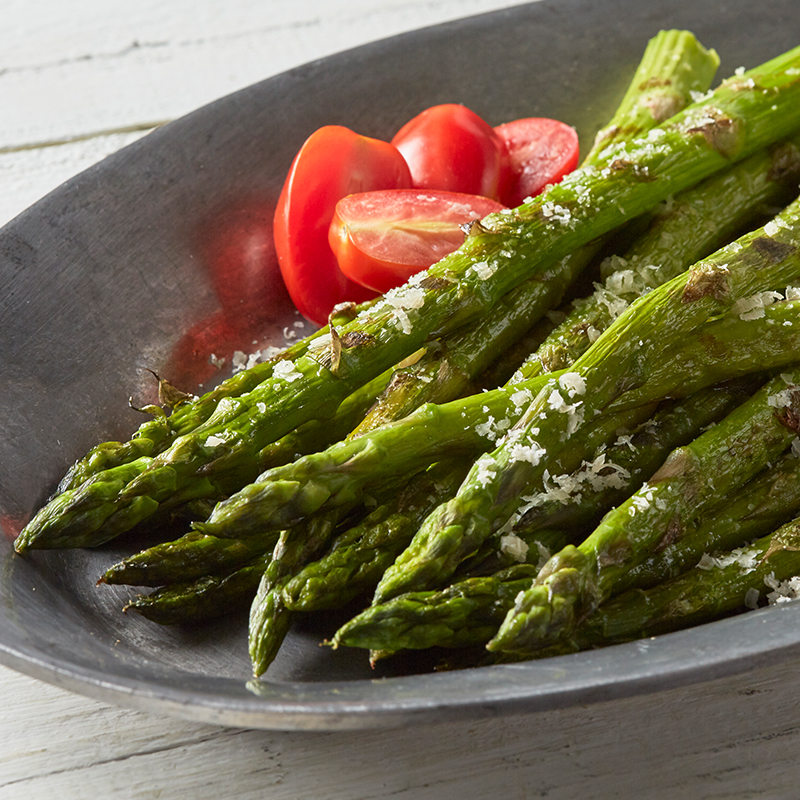cold room chiller
The Importance of Cold Room Chillers in Modern Food Storage
In today's fast-paced world, the significance of food preservation cannot be overstated. With global trade expanding and consumers increasingly seeking fresh produce year-round, efficient storage solutions have become paramount. One such solution is the cold room chiller, an essential technology that plays a crucial role in the preservation of perishable goods.
Understanding Cold Room Chillers
Cold room chillers are specialized refrigeration systems designed to maintain a controlled and low-temperature environment for storing various types of food and beverages. These chillers are typically used in commercial kitchens, supermarkets, warehouses, and food processing facilities. Unlike standard refrigerators, cold room chillers offer larger capacities and customizable temperature settings, making them ideal for bulk storage of perishable items such as fruits, vegetables, meats, dairy products, and even pharmaceuticals.
Benefits of Cold Room Chillers
1. Extended Shelf Life One of the primary advantages of cold room chillers is their ability to significantly prolong the shelf life of perishable products. By maintaining optimal temperatures, these chillers slow down the growth of bacteria and mold, reducing spoilage and waste.
2. Cost-Effective Storage Solution While the initial investment in a cold room chiller may be higher than that of conventional refrigeration units, the long-term savings can be substantial. With increased efficiency and reduced spoilage rates, businesses can save on inventory costs and improve their bottom line.
3. Improved Quality Retention Cold room chillers not only keep food safe but also help in retaining its quality. Products stored in a regulated environment experience less dehydration, color changes, and nutrient loss. This ensures that consumers receive high-quality products, enhancing customer satisfaction and loyalty.
cold room chiller

4. Flexibility and Customization These chillers can be tailored to meet specific storage needs. Businesses can adjust temperature and humidity levels according to the type of products stored, ensuring that delicate items like fruits are kept at different conditions than meats, for example. This flexibility helps in optimizing storage and ensuring that different types of goods are stored under ideal conditions.
Advances in Technology
Recent advancements in refrigeration technology have led to the development of more energy-efficient and environmentally friendly cold room chillers. Modern systems often feature digital controls, enhanced insulation materials, and advanced refrigeration techniques that minimize energy consumption. This not only contributes to lowering operational costs but also aligns with global efforts to reduce carbon footprints in the food industry.
Regulatory Compliance
For businesses operating in the food sector, adhering to health and safety regulations is critical. Cold room chillers assist in meeting these standards by ensuring that products are stored at safe temperatures, thereby preventing foodborne illnesses. Regular monitoring and maintenance of these systems further enhance compliance, ensuring that businesses mitigate risks associated with food safety.
Conclusion
In conclusion, cold room chillers are an indispensable asset in the food storage industry. Their ability to provide a controlled environment for perishable goods translates to extended shelf life, improved product quality, and significant cost savings for businesses. As the demand for fresh and high-quality food products continues to grow, the role of cold room chillers will only become more critical. By investing in these advanced refrigeration systems, businesses can not only enhance their operational efficiency but also contribute to a more sustainable and reliable food supply chain.
















































































































